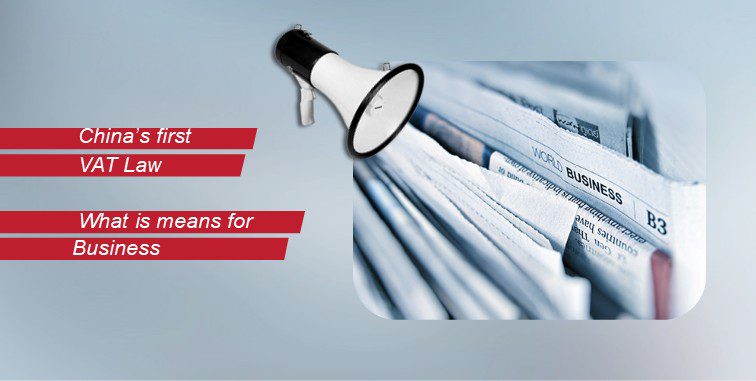E-commerce in China
On 31 August 2018, the Standing Committee of the National People’s Congress passed Electronic Commerce Law of the People’s Republic of China (hereinafter the ‘E-commerce Law’), which is China’s first comprehensive legislation governing the field of e-commerce and has taken effect on 1 January 2019. We hereby summarize the key features of the E-commerce Law below for your reference.
1. Scope of the E-commerce Law
The E-commerce Law applies to all business activities of selling goods and/or providing services though information networks such as the internet, with the exception of financial products and services or services that provide news, audio and video programs, publications, or cultural products.
2. E-commerce operators
The E-commerce Law applies to all e-commerce operators (‘E-commerce Operators’),which refer to any nature person, legal person or unincorporated association that engage in the business activities of selling goods and/or providing services through internet or other information networks, including the following:
(i) platform operators, referring to the legal persons or unincorporated organizations that provide virtual places of business, transaction matchmaking and information release to the parties of an e-commerce transaction to enable them to carry out transaction activities, e.g. Alibaba and JD.COM;
(ii) operators on platforms, referring to e-commerce operators that sell goods or provide services to customers through e-commerce platforms, such as sellers with Tmall shops;
(iii) other e-commerce operators, referring to the e-commerce operators that conduct their business through their self-built websites or channels other than the platforms, such as e-shops or WeChat shops.
3. Main regulatory compliance
Business registration and taxation
(i) All E-commerce Operators are required to obtain business license, except individuals who sell their own agricultural products or handcrafts or who carry out sporadic and small transactions;
(ii) E-commerce Operators shall issue proof of purchase of goods or services such as hard copy fapiao or electronic fapiao;
(iii) All E-commerce Operators are required to fulfill their taxation obligations and could enjoy preferential tax treatments according to relevant laws and regulations.
Intellectual property protection
(i) Platform operators shall establish rules of IP protection and strengthen cooperation with IP right owners;
(ii) Platform operators shall take necessary measures towards IP infringement, e.g. notice-and-takedown procedures;
(iii) A platform operator shall be subject to joint and several liability with the concerned operator on its platform, where a platform operator knows, or should know, that an operator on its platform has violated or infringed the other’s IP right(s) and fails to take necessary measures such as deleting, blocking links or stopping transactions;
(iv) An administrative fine, ranging from RMB 50,000 to RMB 2,000,000 taking into consideration the seriousness of the situation, will be imposed on the platform operator who fails to take necessary measures against IP infringement.
Cybersecurity and data protection
(i) E-commerce Operators shall collect and/or use personal information in accordance with the existing laws and regulations;
(ii) E-commerce Operators shall clearly specify the method and procedures for inquiring, correcting and deleting users’ information as well as for cancelling users’ accounts with no unreasonable conditions imposed;
(iii) Platform operators shall take technical and other necessary measures to ensure the network security and stable operation of the platform;
Consumer protection
A platform operator shall be subject to joint and several liability with the concerned operator on its platform, where such platform operator knows, or should know, that goods or services provided on the platform do not comply with the requirements for personal or property safety and fails to take necessary measures.
That is, a consumer who suffers damage is entitled to claim compensation to both the on-line seller and the platform operator.
Retention of transactional information
All platform operators shall keep records of the products and services’ information published on their platforms as well as the related transaction information for not less than three (3) years. Failure of keeping such records will result in fines, ranging from RMB 20,000 to RMB 500,000 taking into consideration the seriousness of the situation, and suspension of operations pending rectification.
For more information, please contact:
Bruno Grangier b.grangier@leaf-legal.com












